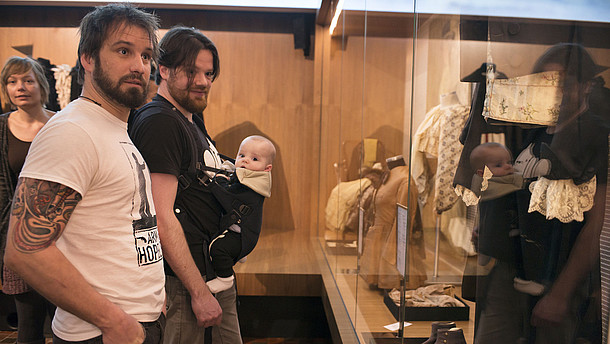The Council of Europe (CoE) acknowledges that culture plays an important role in the CoE’s goal of unifying the member states and contribution to democratic society. The CoE points out the essential role of public cultural institutions such as museums, libraries, cultural and film centres, live performance venues and public media services in reaching out to the general public, including young people, and in enhancing cultural participation and cultural activities, regardless of levels of income and education. The Recommendation identifies the assets and skills of cultural stakeholders that should be mobilised to help address current challenges.
In the document, the CoE recommends that governments of member state states to:
- Use culture, cultural heritage and landscape as strategic elements to help address global challenges and as drivers of social transformation.
- Acknowledge the importance of developing cultural empathy, engaging in dialogue and building mutual understanding and solidarity to ensure that cultural and environmental diversity are considered as essential common values.
- Assist Ukraine to support its cultural heritage.
- Call upon the creative skills of artists and cultural workers to encourage the behavioural changes required to address global challenges and to encourage relevant stakeholders, institutions and organisations to support sustainable development goals.
- Promote the importance of culture, cultural heritage and landscape resources, and the use of traditional knowledge and practices, to contribute to the United Nation’s 2030 Agenda for Sustainable Development and the goals of the Paris Agreement.
- Encourage sustainable development practices by mobilising actors in the fields, engaging with local communities, encouraging new partnerships, making the best of digital technologies and AI.
- Support initiatives and projects that work to eliminate gender disparities.
- Acknowledge the global dimension and relevance of the cultural and creative sectors in promoting diversity, freedom of expression and mutual understanding
- Ensure that cultural heritage sectors are protected in post-Covid recovery plans.
- Promote wide digital access to heritage through digitalisation.
- Facilitate training opportunities.
- Address the working conditions of artists and cultural professionals.
- Further strengthen international co-operation and the sharing of knowledge.



